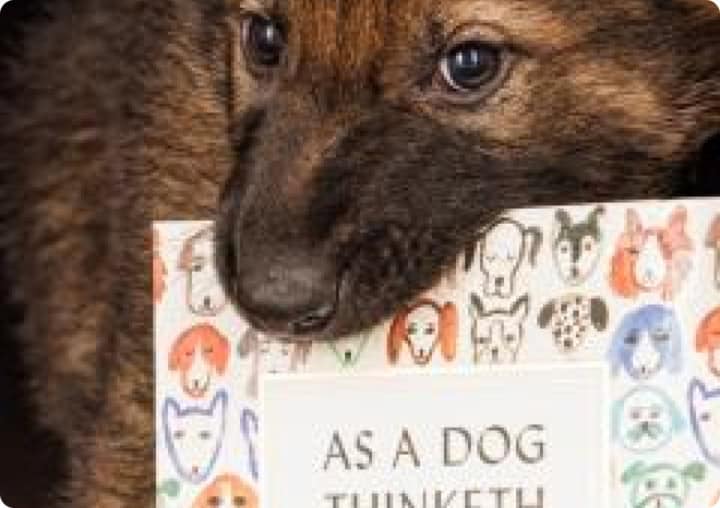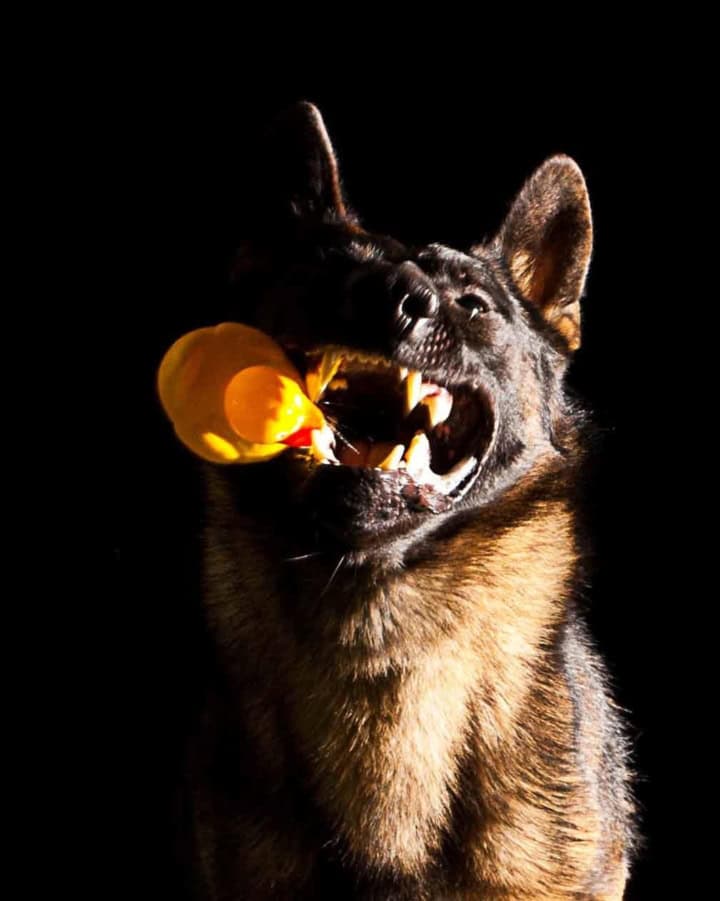“If the only tool you have is a hammer you tend to see every problem as a nail” Abraham Maslow
Learning Dog Training as a Profession in a restricted time often teaches that every problem is created by dominance, or a dog who is lacking respect. Every solution to every problem has to be the same – because there is no time to teach more complex methods. Inevitably it will be a correction, though in some more enlightened schools, it will be a click and a cookie. If the first does not work, repeat, but with more. These trainers do leave the lesson being hammers, and seeing every problem as a nail. In the limited time available these students could only learn one tool for their toolbox, and are far from being dog trainers.
A Dog Trainer, as I define it, has three key ingredients. 1) Feel, 2) Timing. And 3) Experience.
Feel is knowing how much pressure to apply through your body and mind, or how and when to remove it. It is about making your reward a reward, regardless of what you are offering, and it is how to get the dog to do what you want, and how to stop them from doing something you don’t want. You need to know how your body, your mind, and your hands are affecting the dog that you interact with. In that split moment you need to understand if you should apply more, or less pressure; whether you need to free their minds, let them move their bodies or keep their bodies still in order to remove pressure – and that split moment is my second criteria called timing. You must have the’ feel’ of understanding what the dog needs, and the ‘timing’ to be able to deliver it in the split moment.
Unfortunately, the only way to develop better feel and timing is through experience, the third criteria. Most of us are happy just training the dogs we own, and through the course of each new dog –we get our experience. Some dogs require minimal feel and timing and make us look brilliant. Others require the utmost of feel and timing, to make us look almost adequate – however, these dogs we define as ‘experience’.
As a dog-trainer we learn to have a variety of tools in our toolbox, however, the difficulty comes when you are required to pull out a certain tool for a certain type of dog. That same solution for a different dog might be disastrous; however, for the current dog is the perfect solution. To teach resistant dogs to down often letting them chase a cookie in your hand back and forth before the lure “Down” removes all of the pressure for them. Then we get dogs like Reggie where that movement would put him over the top and make him too pushy. He would need to be stationary for his down lure so that he could think and understand what I want of him.
Dog Trainers are required to think, and to be able to evaluate the feel of the current dog they are working with and understand how this tool will affect them. Experience also fills our tool box with many, many tools for different situations and dogs, as the need arises. Ultimately, respect for the dog is our ultimate goal. Every single thing done must be out of respect for the dog.
Dogs are not dumb. They notice everything about us, including our touch, breathing patterns, our posture, the way we walk, the way we talk The impact we have on a dog is ‘pressure’. We need to have just the right amount of pressure for the right dog, and it needs to alter depending upon the dog, and the dog on that day…
Our walking, talking, touch, and breathing all affect the dog. Not only do our dogs take in all of this information, but they also reiterate it. If they misbehave for the first time in a month of success, you need to alter something in yourself. Change your walk, your talk, your touch, and be aware of your posture. The taller you stand, the less pushy they become. While I can point out all of these things to my human students, ultimately, the dogs are the teachers because they will respond in the manner that the information they are receiving tells them to behave.
I’m realizing that many newbies coming into my profession are looking for quick recipes to fix situations, without a desire to learn how to “Speak Dog”. These trainers are better off in the short courses, where they will be given a hammer and can see every problem as a nail. I believe I am in the only profession where the word “Professional” is an insult. It means that one tool was learned for the certificate, and feel and timing were ultimately dulled.
However, there are many once Professionals who become apprentices of another teacher, in weekly classes or in repeated seminars, and become brilliant Dog Trainers. They realize their one method was simply a tool, and develop their feel and timing, through experience.
Learning to communicate with and understand your dog is an exhilarating feeling, and for a teacher, it is a beautiful thing to watch between handler and dog.
Becoming a Dog Trainer means developing your feel, your timing, through experience, and has nothing to do with a certificate on a wall. Many of my clientele have turned into dog trainers. They possess feel, timing and experience and have wonderful harmony with their dogs.
Happy Training Folks,
Monique Anstee


